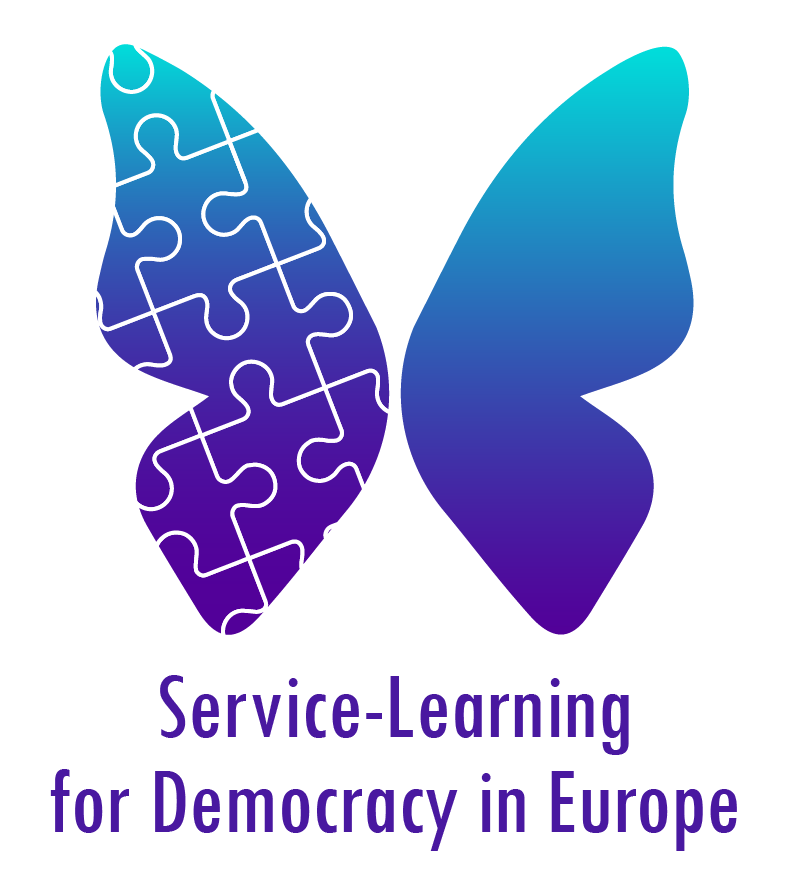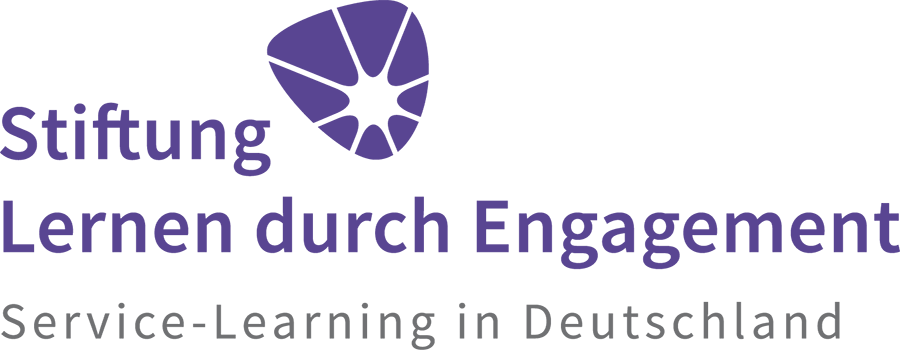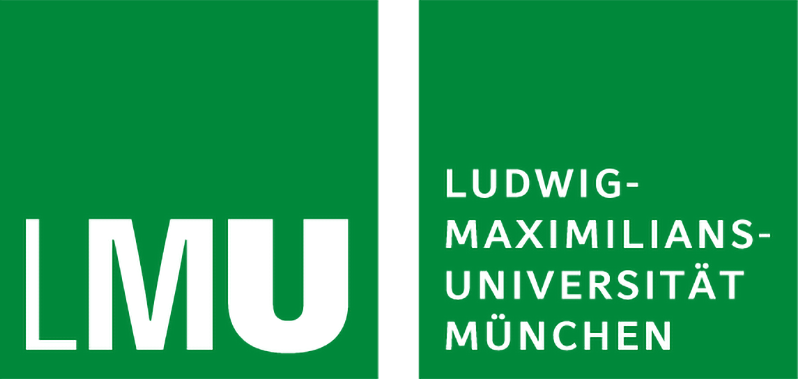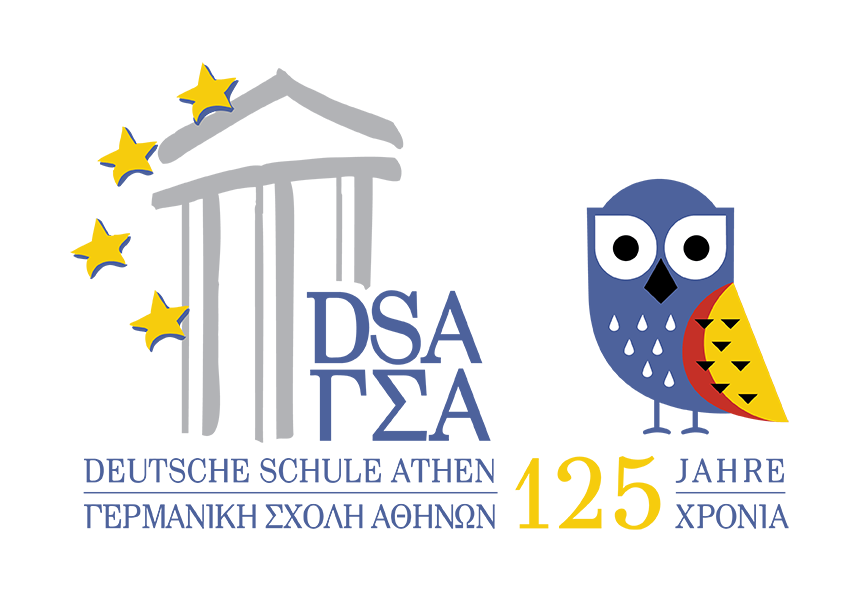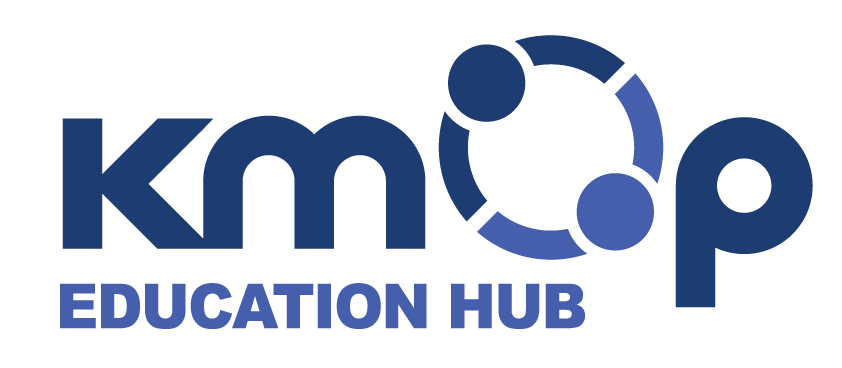Partners
Stiftung Lernen durch Engagement (Foundation for Learning through Civic Engagement)
The mission of Stiftung Lernen durch Engagement (Foundation for Learning through Civic Engagement) is to develop and promote the learning and teaching method Service-Learning so that young people, regardless of their backgrounds, can experience high-quality education while reaching their full individual potential and taking an active part in our democratic society. Stiftung Lernen durch Engagement has numerous cooperation partnerships with ministries of education and the continuous support of both public as well as private donors. At the core of the foundation is the Network Learning through Civic Engagement. Its members exchange ideas (e.g. at a yearly held national conference), reflect experiences and receive a variety of further qualification. The aim is to continuously improve the quality of Service-Learning practice and to increase awareness of Service-Learning in education politics.

University of Education Upper Austria
The University of Education Upper Austria (PHOOE) is one of the leading organizations in Austria for Teacher Education in the fields of Primary School Education, Lower Secondary School Education, Vocational Teacher Education and Continuing Education for Teachers and School Leaders. It offers scientific based and job-related educational programs for B.A.Ed. and M.A.Ed. Programs. In order to respond to challenges raised by an increasing diverse and multicultural society all over Europe, the University of Education Upper Austria is involved in major organizational and curricular reforms as part of the initiative “New Teacher Preparation” in Austria with focus – according to governmental priorities – on promoting democracy and civic education in teacher education and school development. Additionally, the university strengthens its value-oriented profile by cooperating with actors such as NGOs/NPOs and by opening up to new target groups and the general public (science-to-public). Civil society project work in teaching is accompanied and evaluated by research. The university is in international exchange with other universities on third mission and civic engagement.

Ludwig-Maximilians–Universitaet Muenchen
The Chair for Political Education, Didactics of Social Studies/Politics and Society of the Ludwig-Maximilians–University Munich in the Department of Political Science has the primary task of training prospective teachers in the first stage of teacher training. Our research focuses on democracy education, service learning and (historical) political education. Furthermore we research topics such as holocaust education (3-D testimonies of Holocaust survivors LEDIZ), anti-discrimination and democratic school development. In cooperation with Prof. Gloe and the foundation Lernen durch Engagement/Service Learning (LdE), the competence model for service learning in Germany was developed.

New Horizons Foundation Romania
New Horizons Foundation Romania contributes, through education, to empowering youth to lead and produce positive social changes in Romania and across the world. We believe in a society in which children and teenagers grow up in fertile soil, fulfil their potential and use it to develop the community and the world they live in. Our mission is to innovate and support models of experiential education, providing youth leaders, teachers and schools with the tools to help youth to become more involved, more responsible, and more courageous.

NUCLIO
NUCLIO is a non-profit association and an NGO for development that aims to promote innovation and development in education, embracing diversity, inclusion and engaging holistic education for all. The work done by the team focuses on the empowerment of educators to integrate innovative practices that facilitate students’ learning and acquisition of key skills. NUCLIO coordinates the Galileo Teacher Training Program (GTTP), a worldwide teacher training network, and is an official training centre recognized by the Portuguese Ministry of Education.

DSA – German School of Athens
DSA is a private school supported by the Federal Republic of Germany in terms of personnel and finances, committed to the teaching of the German and Greek languages and German and Greek educational values. The school curricula are based on the standards of the German federal states. Starting in preschool, Modern Greek is taught in addition to German. The DSA offers its graduates access to colleges, universities and apprenticeships through recognized German school degrees. The DSA is a “Begegnungschule” (a school that facilitates encounters) and thus sees itself as a meeting place in Athens for all: Greeks, Germans, Austrians and Swiss, bicultural families and all those who have a special interest in the German and Greek language and culture. It is as common characteristic of German schools abroad that they not only teach German language and culture, but that they open themselves to the language and culture of the partner country by teaching students of German and other mother tongues together.

KMOP
KMOP Education Hub acts as a space that offers access to a wide range of educational programmes, resources and trainings, capitalizing on the knowledge that the organization has gained from its extensive work in the field. These educational programmes involve both the enhancement of traditional skills and the learning of new ones so that no individual is left behind. Our aim is to provide vocational training, continuous education and lifelong learning, as well as educational consultancy and support in social policy and social economy-related subjects, including migration (education & inclusion), social responsibility, employability, human rights protection, ethics, sustainability, and bullying prevention and treatment. Besides non-formal education, we also aim to provide formal education programs and courses. For this purpose, KMOP has established collaborations with academic institutions and universities, to offer accredited certificates, diplomas, as well as undergraduate and postgraduate programs.
